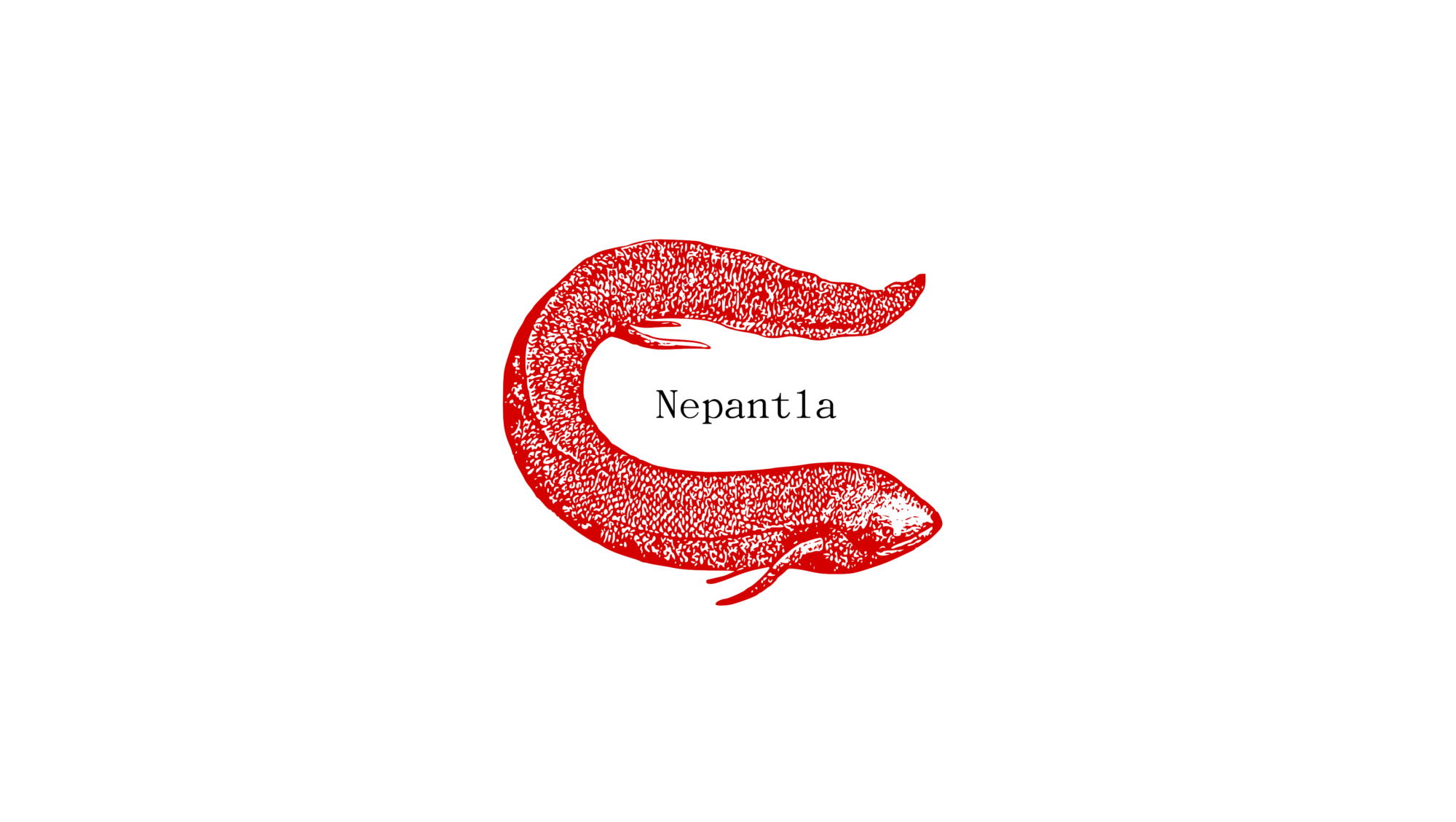First things first. What’s this Gundam thing all about? Well, as I mentioned in the trailer, it’s an odyssey, i.e. a story of someone striving to get back home. And who is the someone in this repetition of the Homeric Odyssey? No one, at least at the beginning of the story, he is not one with himself (uneins mit sich) yet. But exactly because he is no one, in other words, because anyone could be him, our poor boy Amuro gets thrown into a situation like his current one; current, unexpected and therefore unforeseeable, ever-fluctuating situation. In fact, he will become THE archetype of all heroes of the works that fall under the genus “robot anime,” for instance Shinji Ikari, yes, that fourteen-year-old boy, the hero of Evangelion to whom we may safely attribute a curious phenomenon called ”Second Grade Middle School Syndrome (Chūnibyō 中二病)” which has been, since 1995 when Evangelion was first broadcasted, a sort of symbol of one’s otaku-ness.
Curiously enough, it seems that Amuro’s family name ”Ray” signifies something about his no-one-ness. As some of you might already know it is extremely difficult for native Japanese speakers to hear the difference between ”r” and ”l,” accordingly, to pronounce each of them ”correctly” (1)—one of my best friends I met in Germany told me several times that the Japanese r/l (followed by a vowel, it turns into r/la, r/li, r/lu, r/le/ r/lo = ら、り、る、れ、ろ) sounds almost like ”d,” but let’s leave this aside for now. In any case,”Ray” could sound like ”lay” as in “layperson.” But then again like ”rhei” as in ”panta rhei (everything flows).” But probably to the ears of ordinary Japanese speakers ”Rei” is the sound of ”zero (零).”
Our boy Amuro Rey is no one. Anyone could be him. Absolutely nothing compared to what is happening outside. For he is, in the beginning, simply just living, obsessed with his hobbies, doesn’t aspire at all to become someone, pure life, zōē, as opposed to bios; an incarnation of pure self-enjoyment, quarantining by default, as it were. So he doesn’t have any reason to move, to begin, not to mention to endure a story yet to begin. But at the same time this disinterestedness, radical passivity accompanied by a certain coldness towards the rest of the world, typically expressed in his attitude towards his girlfriend named Frau Bow—you heard it—, all these elements combined appear as that absolute givenness into which something may intervene.
In Amuro’s case, it’s war, which is, on its side, qua Nature writ large, absolutely disinterested in his existence. But it is exactly this haphazard encounter of the two mutually disinterested beings which marks the beginning of the story (Geschichte). A story forced to begin by an encounter of two beings that have had already begun to exist without understanding what they are—exactly, just like every story including our own. The meaning of their beings starts to unfold.
For Amuro the reason to begin begins with his encounter with Gundam, a hope brought to earth (well, actually to a space colony) by his father who’s an engineer working for the Earth Federation.

Gundam is, as the symbol of striking back against the Principality of Zion, Amuro’s younger brother with a far more powerful body than him. It is his mission to assimilate with his own brother ”hope” in white, blue and red—the reference is pretty obvious, isn’t it?—which is simultaneously an animated expression of his teenage body, his body in puberty that is out of control, a body, gone crazy. (1)
And Hegel celebrates from the void:
Kühn mag der Göttersohn der Vollendung Kampf sich vertrauen
Brich dann den Frieden mit dir, brich mit dem Werke der Welt.
Strebe, versuche du mehr, als das Heut und das Gestern, so wirst du Besseres nichts als Zeit, aber auf’s Beste sie sein!
Boldly may the son of God trust in the achievement of the struggle.
Then break peace with yourself,
break with the accomplishments of the world. Strive, try more than the today and the yesterday, and you will become nothing better than time, but time at its best!
—G. W. F. Hegel, ”Entschluss,” in Gesammelte Werke, vol. 5, Schriften und Entwürfe (1779—1808) (Meiner, 1998), 51. (2)
Thank you for your time. Until next time, keep safe and enjoy yourself, especially with your tongue!
(1) There is absolutely nothing special about this. Every nation has the same problem, only with different sounds; Germans find it hard to distinguish the English pronunciation of “f” from that of “th” and the Russians have difficulty in not pronouncing the “h” in certain German words such as “Fähigkeit.” This impossibility of acoustically distinguishing as well as pronouncing or not pronouncing certain sounds in a foreign language is simply a givenness—perhaps even a gift, why not?—that corresponds to the brute facticity of our natality.
(2) Cf. https://youtu.be/RmTGCeCiKPI
(3) Cited in Rebecca Comay and Frank Ruda, The Dash—The Other Side of Absolute Knowing (MIT Press, 2018), 107. Translated by Comay and Ruda.
- Politics of Mobile Suit Gundam—Track 2 «Eating» - April 20, 2020
- Politics of Mobile Suit Gundam—Track 1 «Beginning» - April 13, 2020
- Politics of Mobile Suit Gundam. Another Trailer. - April 10, 2020








